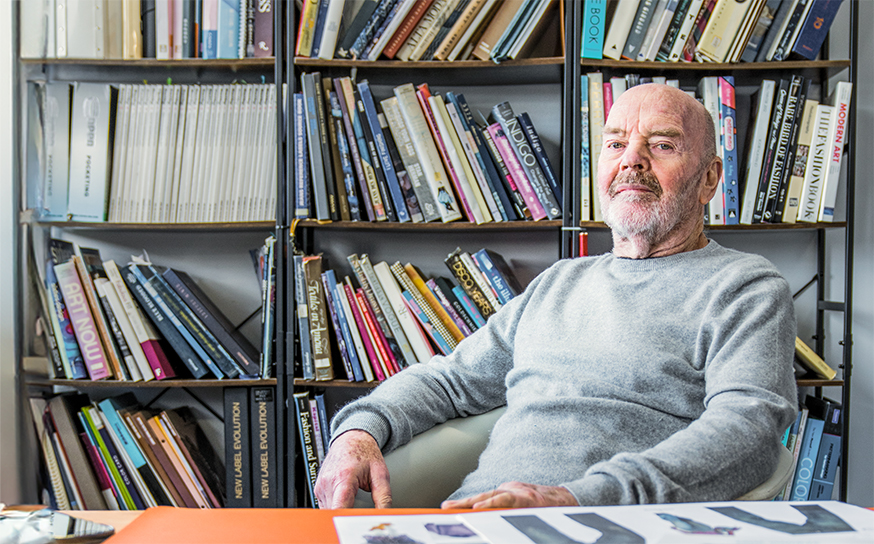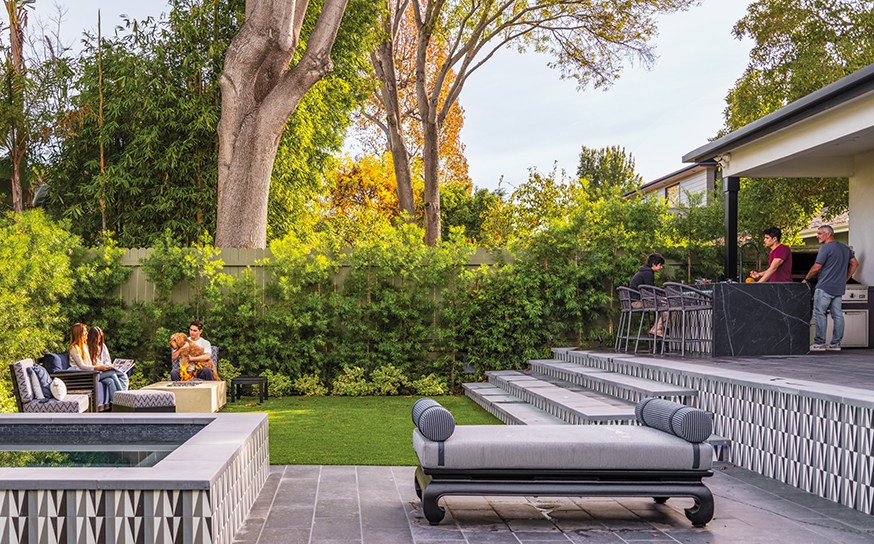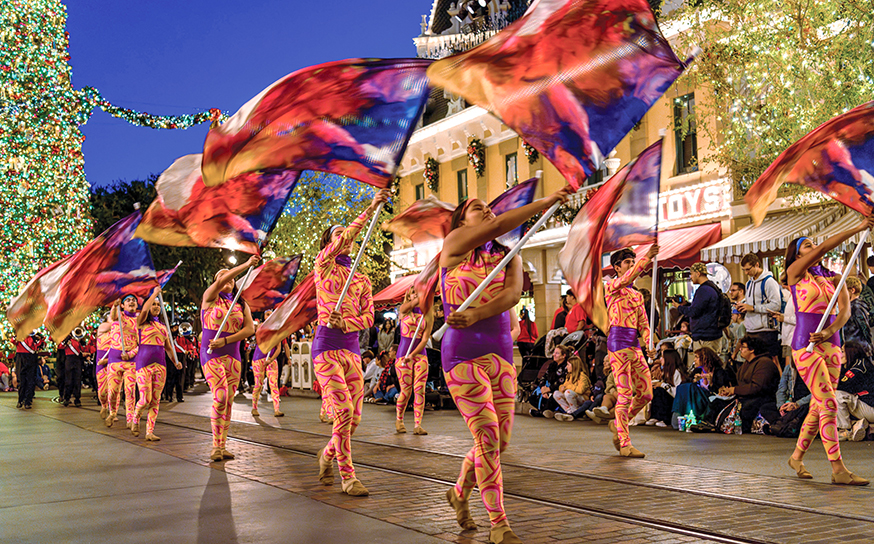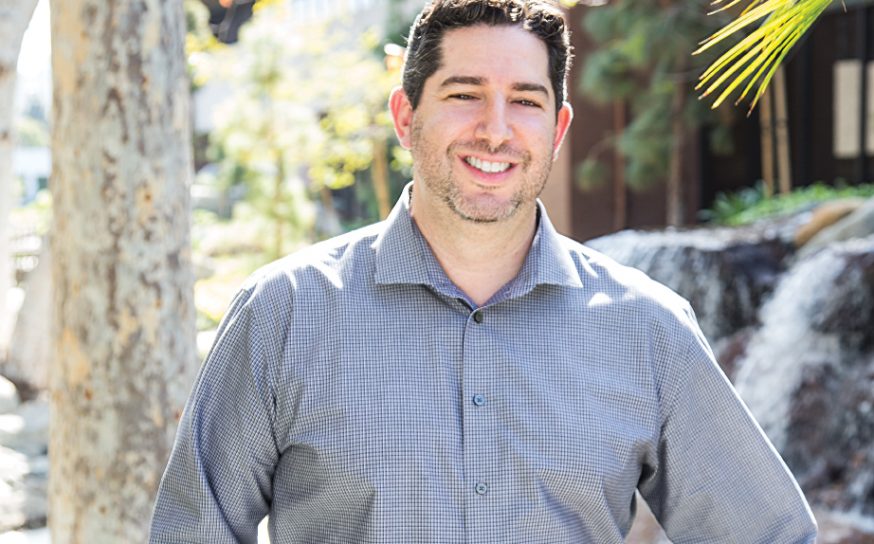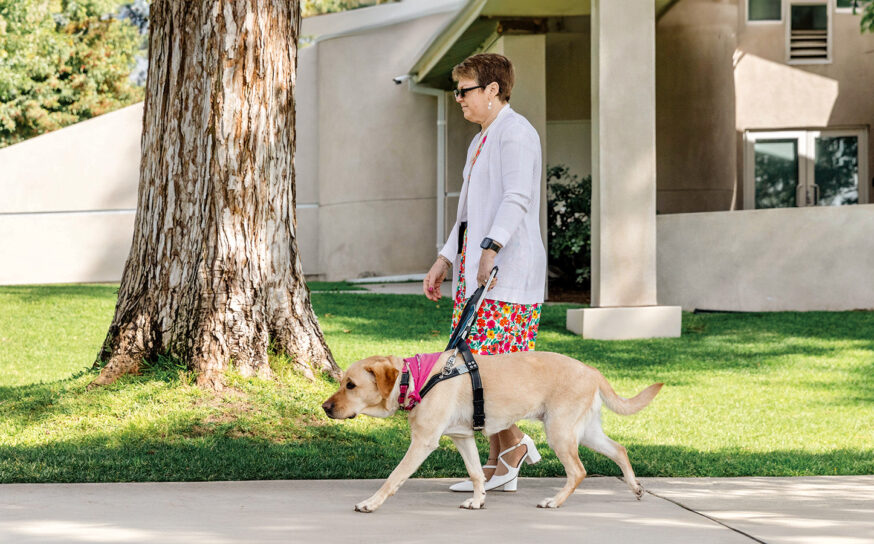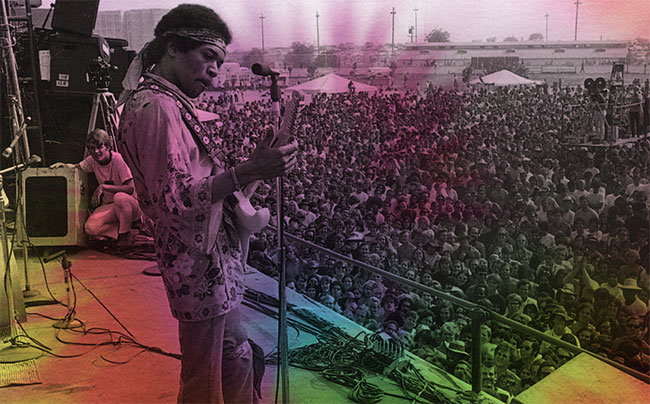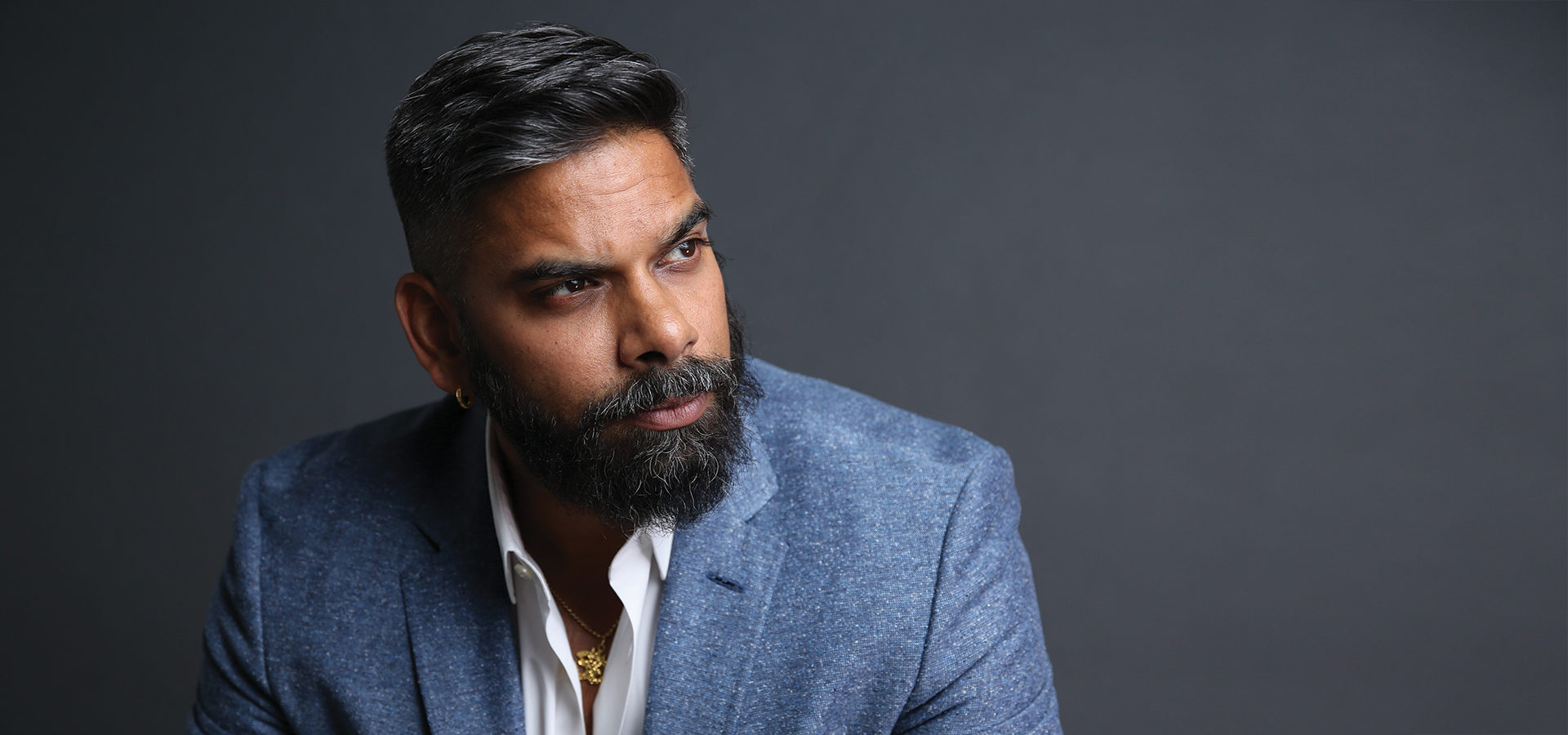
Meet Encino Resident & LA Mayor Candidate Ramit Varma
His hat’s in the ring!
-
CategoryPeople
When it comes to being a political newcomer, Ramit Varma says he views it 100% as a positive. “I believe this city needs a drastic change in its methods. We have massive resources, and we know the city needs to be transformed. But the career politicians who run the city are more focused on their political careers than on getting things done.”
In 2002, Ramit, with a partner, started an online academic tutoring and test preparation services company, Revolution Prep, which was sold to a private equity firm this past year. Here VB editor-in-chief Linda Grasso queries the candidate about his qualifications for the job, his vision for the city, and the unusual ride he took to his wedding.
 You are married with three young kids. You just sold your company, and my sense is that resulted in a decent profit. Why do you want to be LA’s mayor?
You are married with three young kids. You just sold your company, and my sense is that resulted in a decent profit. Why do you want to be LA’s mayor?
I moved here to study for my MBA at UCLA in 2000. I fell in love with LA almost immediately. I connected deeply with the eclectic tapestry of the city–the artists and artisans, the businesses both large and small. But in the years since, I’ve watched this city deteriorate due to homelessness, affordability and public safety. We have the resources to make LA a world-class city, but our elected officials have been unable to address these problems.
With your former company, Revolution Prep, you had a partner and you made decisions together. How do you envision working with 15 councilmembers to get things done?
In the vast majority of businesses, the leaders work within very similar parameters as city officials. With my firm, I had not only a business partner, but an investor, a board of directors and a very strong management team. We had tens of thousands of customers and channel partners. To get anything done, we had to understand all those viewpoints and make decisions that balanced multiple priorities. I learned how to communicate and find common ground.
What advantages and challenges does it present being a political newcomer?
I only see advantages to my outsider status. Not only have I never held an elected office, but I am not interested in any future office—at any level. That means I can wholly focus on doing the job at hand—making LA a word-class city for all Angelenos.
How would you address the homeless crisis?
I have a plan to reduce homelessness by 50% in nine months, by 90% in 18 months, and to get to functional zero homelessness by 2024. It has been done in several cities in the U.S. and in almost the entire state of Colorado. My plan is well researched and modeled on those. We need to stop trying to create permanent supportive housing for every homeless person. Not all homeless people need or even want that. We should start by getting people off the streets with transitional housing in small clusters. Then we focus on building support and services, and we implement 24-hour care for the mentally ill and addicted residents. We have the money already allocated in the budget. We just haven’t had competent leadership. The city raised $1.2 billion in 2016 to address the issue of homelessness. Yet in six years, it has only completed seven projects for 489 units at $600,000 per unit. That’s absurd and unacceptable.
There have been calls to scale back the LA Police Department as a way of mitigating dangerous and sometimes deadly encounters with the public. Where do you stand on this?
I do not believe we should be scaling back the LAPD. There are neighborhoods that are desperate for a greater police presence, not less. I think we need to provide the resources to the police to patrol these neighborhoods so that every Angeleno can feel safe walking the streets.
That said, there are some neighborhoods where trust between the police and the community is strained. To rebuild that, the LAPD needs to develop more training for police officers and supplement their work with more mental health professionals. The debate around public safety has been reduced to a false choice: You are either with the police or against them. That is wrong, because we are all for safety. We need the LAPD. We just need them to be better.
A mayor’s political persuasions can influence decision making. Share a bit about your overarching political philosophy.
I’m an independent. I think that the tribalism created by the parties is one of the saddest parts about American democracy. I am somewhat right of center on some issues, and somewhat left of center on other issues. All my thinking is guided by rationality, practicality and empathy. My mayoral opponents are all Democrats—like the entire City Council. I think it’s important to have healthy debate and creative tension in any organization, and we don’t have that with one-party rule.
The 2020 census showed the Valley with 40% of LA’s total population. Do you think we get our fair share of city services?
I would say no. I’ve lived in the Valley for 10 years, and when I talk to residents, they’re often not even sure they live in the city of LA. In the media, you would think that LA is just downtown. I think the Valley is seen largely as an afterthought by the political machine. It’s time for the Valley to show its muscle.
Houses in Sherman Oaks and Studio City start at about a million dollars. A house in Encino just sold for $15 million. What would you do about affordable housing?
We have been so irresponsible with development for so long that we have a huge hole to dig ourselves out of. Supply is so tight, we don’t even have enough housing units for the population from 1991. So we need to support property developers in constructing more buildings—ones with lots of housing units. I understand the concern around traffic, but we actually have the technology right now to alleviate this problem. I believe we can bring more housing online and reduce the number of cars on the road. The line between public and private transport is already blurring. We need to lean into that. With tens of thousands of housing units coming online, prices will begin to settle down.
Share with our readers something fun or different about yourself.
In Indian weddings, the groom usually comes in on a horse. When I was a kid, my cousin rode in on a horse for his wedding and I said, ‘I’m gonna ride in on an elephant when I get married.’ When I got engaged, my mom reminded me of this. So for my wedding I rode down Ocean Avenue in Santa Monica to the ceremony on an elephant. I had to get about 30 people to sign off on the event. Police were worried the elephant would freak out. The fire department had to make sure we weren’t blocking any routes, and sanitation had to make sure the elephant had a poop bag. It was one of my first experiences with city government!
Architect May Sung Comes to The Rescue on a Studio City Reno Gone Wild
In the right hands…finally!





